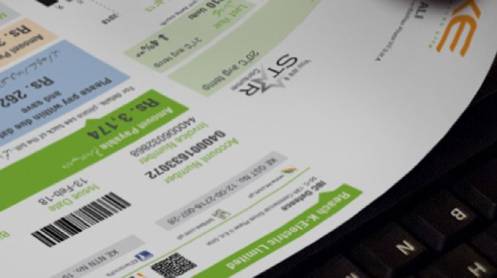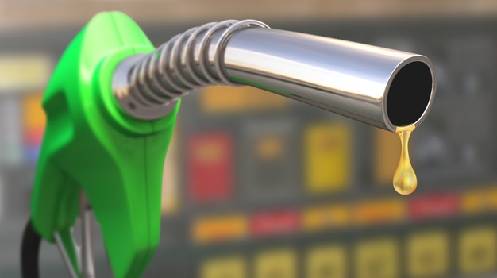Company plans to add 2,272MW from renewable, indigenous sources
KARACHI: The economic crisis, driven by factors like high inflation, increased policy rates and economic contraction, significantly affected the performance of K-Electric (KE) in financial year 2023 as the company recorded a loss of nearly Rs31 billion.
It was observed during KE’s annual general meeting, chaired by Chief Executive Officer Moonis Alvi.
As a result of the economic woes, KE said it experienced a 7.3% reduction in units sent-out and a substantial decline in gross profitability by Rs15.72 billion.
Its exchange losses increased by Rs4.38 billion due to the devaluation of Pakistani rupee and there was an increase of Rs6.28 billion in impairment losses related to doubtful debts, influenced by high inflation and worsening economic conditions that decreased customers’ propensity to pay.
Increased finance costs by Rs19.45 billion, largely due to higher effective borrowing rates, led to a loss after tax of Rs30.90 billion, said KE in a statement.
Read Shanghai Electric shows interest in KE again
Under the infrastructure upgrade drive, KE said the construction of 500-kilovolt Kannup-Karachi Interconnection Grid was progressing swiftly. Similarly, the pre-commissioning activities of the 220kV Dhabeji Grid are also being expedited with the grid expected to commence operations in FY24.
During FY23, both Unit 1 and Unit 2 of KE’s 900-megawatt re-gasified liquefied natural gas (RLNG)-fired power plant, BQPS-Ill, were commissioned and they started commercial operations during Q4 and Q3 respectively. The company has planned to invest Rs484 billion over the next control period (FY30), which is pending approval from the National Electric Power Regulatory Authority (Nepra). It will further “upgrade the infrastructure and ensure a more reliable power supply for the region”.
In addition, the company’s Power Acquisition Programme envisions the addition of 2,272MW of electricity from renewable and indigenous sources. “By 2030, KE aims to have a share in renewables at 30% of its total supply for Karachi.”






